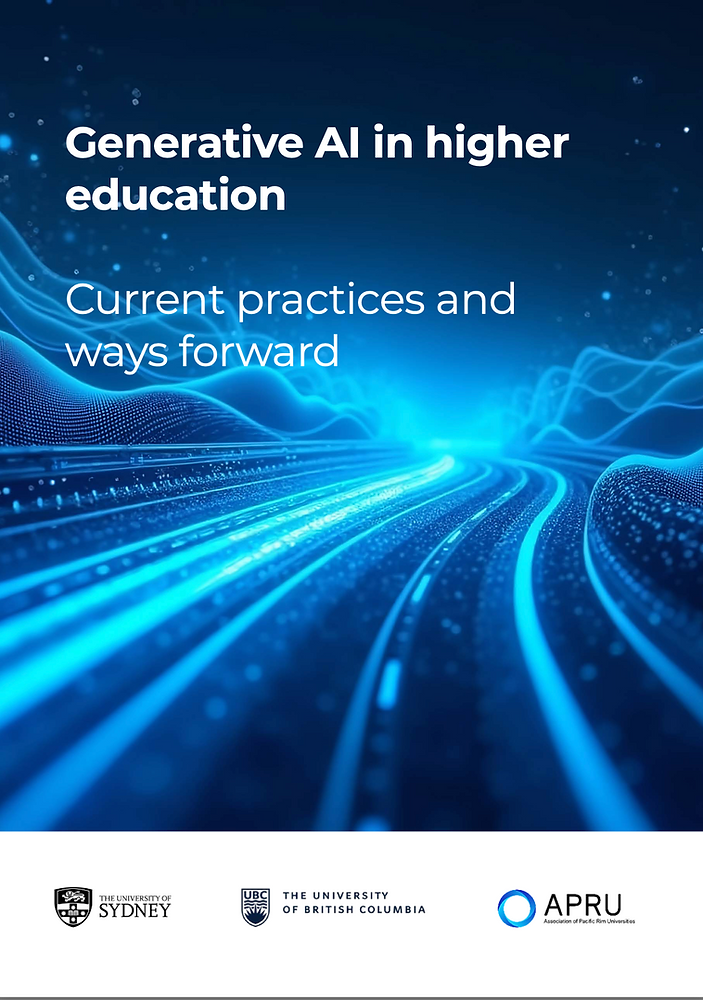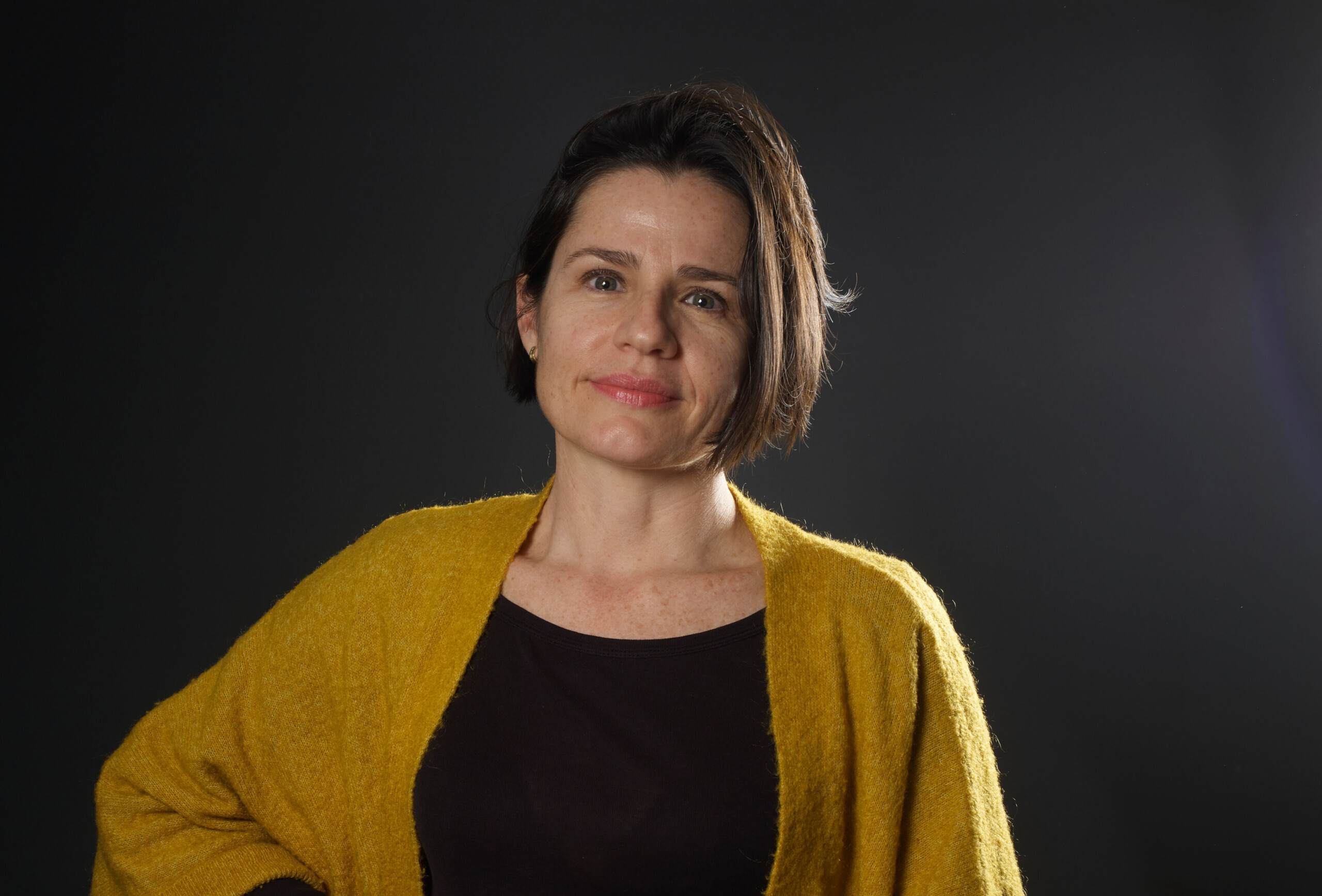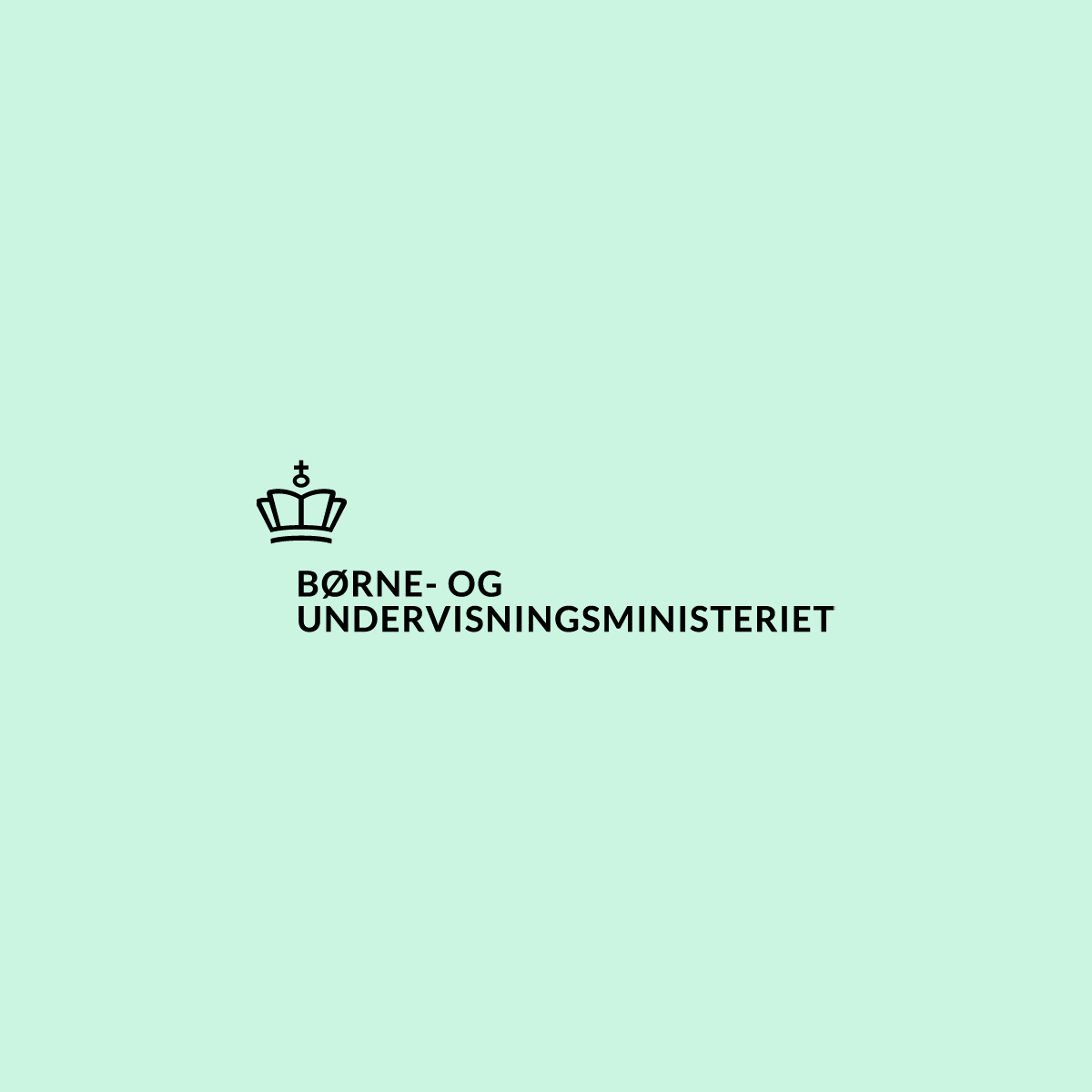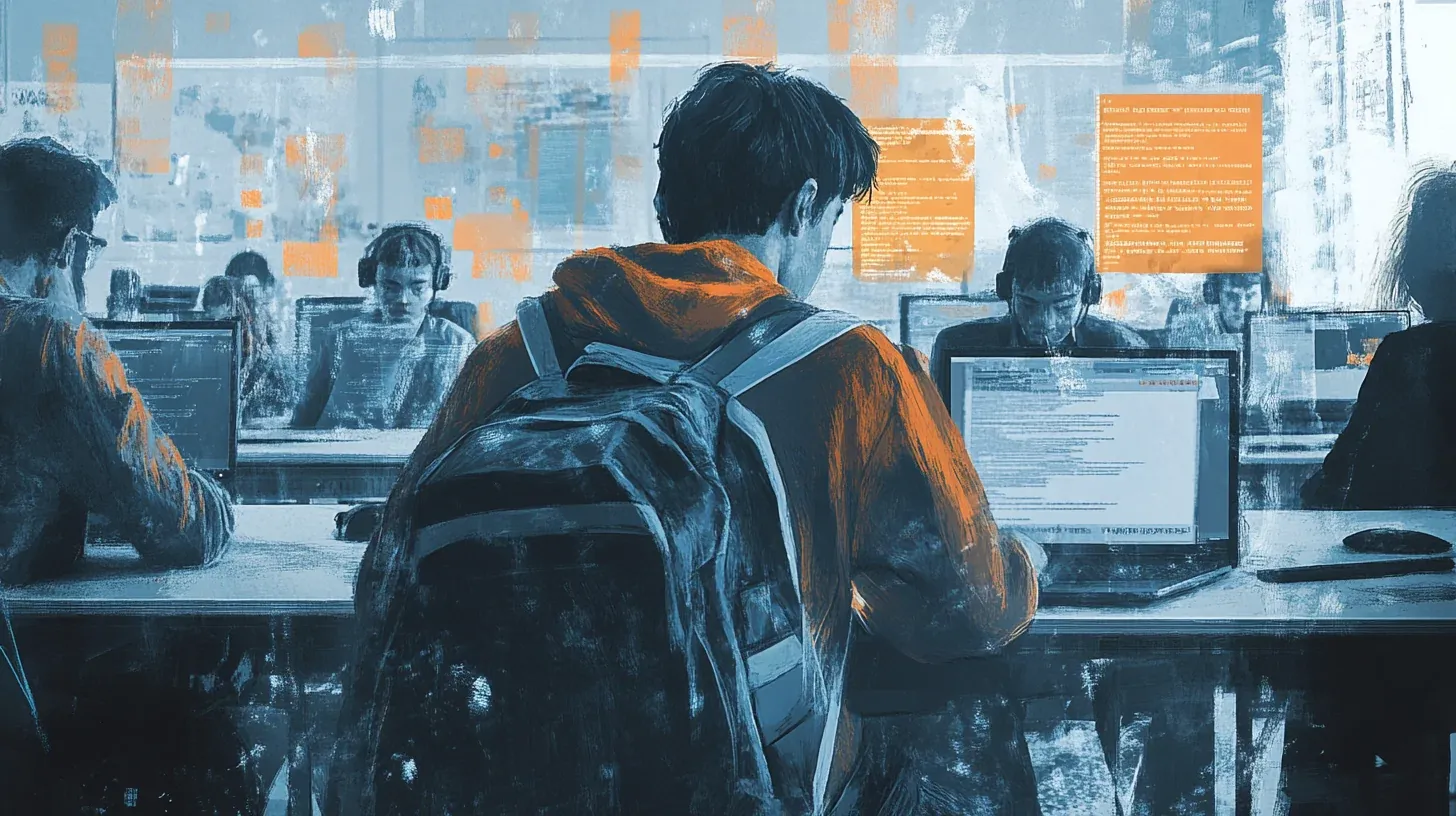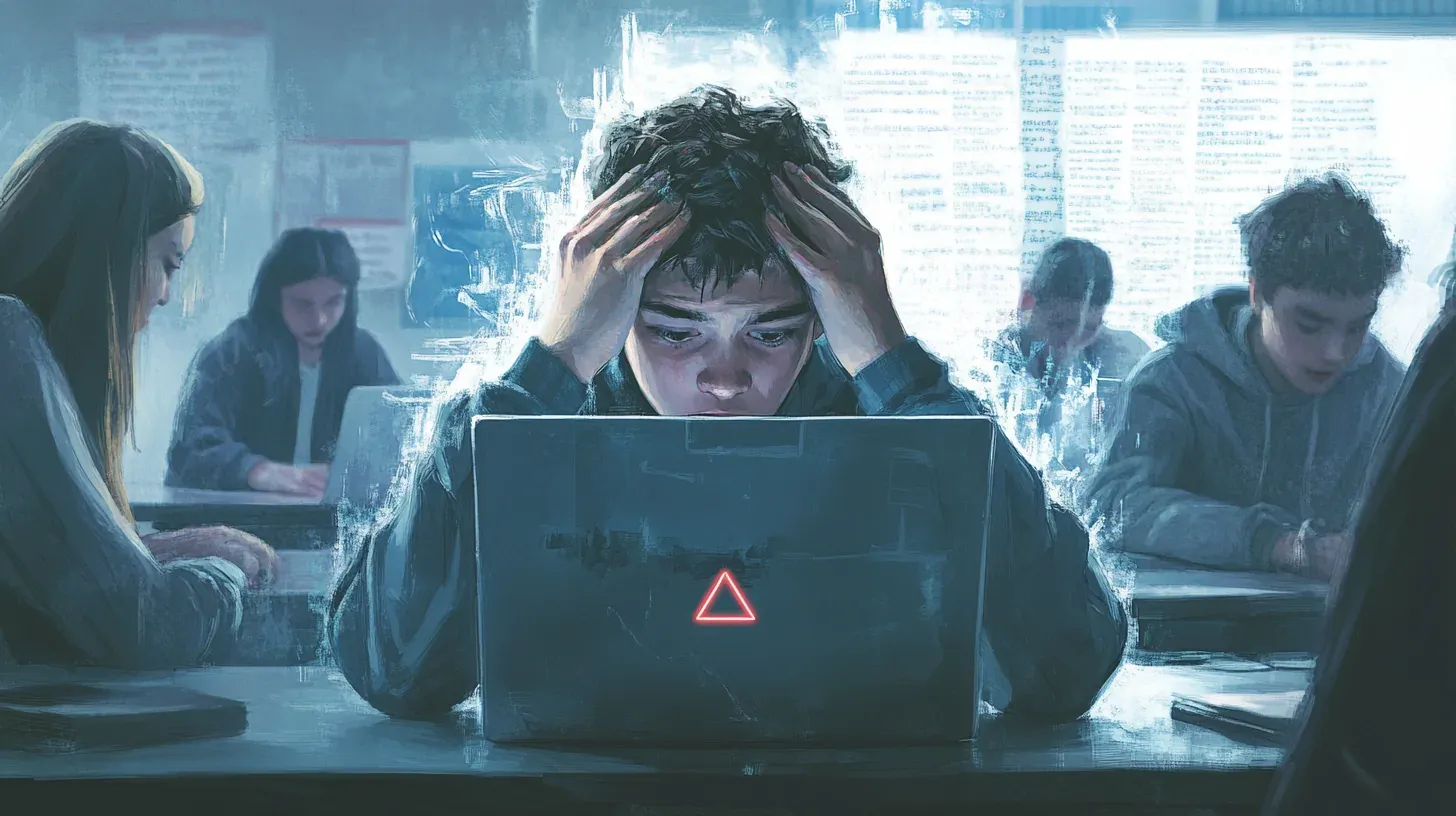The weekly newsletter has arrived, and once again, it became a bit more extensive than we initially expected. The newsletter is written, and the news stories are selected based on what we, high school teachers, would like to read about in a newsletter about artificial intelligence in education. We may overlook stories, but we hope we hit the most relevant ones for the education sector.
There is a lot to dive into, and here is an overview of all the news and articles we have included in the newsletter:
- A new recommendation catalog suggests strengthening young people's information competencies by introducing technology understanding as a subject.
- Three out of four Danish parents want technological literacy as a mandatory subject in primary school, but the government maintains that it will be an elective from 2027.
- Professor Ole Sejer Iversen calls young people "digitally vulnerable" and argues that mandatory teaching in informatics is necessary.
- A new study shows that frequent use of AI can reduce critical thinking ability, especially among young people.
- Aarhus University is holding a conference with presentations, workshops and debate about the future of learning.
- VIA and SDU will collaborate to create new digital teaching courses that incorporate AI and simulations for the ongoing education of educators and volunteer coordinators.
- High school teacher Morten Henriksen argues that AI should be allowed in the written part of the SRP so students can learn to use the technology critically.
- The Danish government wants to reduce tech giants' dominance in primary schools and encourages municipalities to choose Danish and European IT solutions.
- The Danish government, Local Government Denmark and Danish Regions have established an expert group to advise The Digital Taskforce for Artificial Intelligence.
- Other news of the week
Happy reading!
Strengthening young people's information competencies in a digital age
A new recommendation catalog prepared by Tænketanken Mandag Morgen and Fremtidens Biblioteker (Libraries of the Future) presents several concrete proposals to strengthen young people's information competencies in an AI and digitalized world. The report focuses on how young people can be better equipped to search for, evaluate, and use information critically.
Recommendations:
- Recommendation 1: Strengthen young people's digital information searching through a greater understanding of the different search tools' advantages and disadvantages
- Recommendation 2: Strengthen young people's critical approach to information by understanding search tools' underlying technologies—establishing a mandatory technological literacy subject across primary school and youth education.
- Recommendation 3: Strengthen young people's understanding of consequences and possibilities when sharing data
- Recommendation 4: Strengthen and establish interdisciplinary collaborations
- Recommendation 5: Create frameworks for lifelong learning and competency upgrading
- Recommendation 6: Strengthen young people's immersion and curiosity
Report conclusions: Many young people prioritize quick access to information over quality and rarely understand search engines' underlying mechanisms. There are significant deficiencies in source criticism, where only some young people actively fact-check and evaluate source credibility, while others blindly trust search results. Young people request engaging and interactive teaching but often underestimate libraries' potential as knowledge centers.
Lack of competencies can lead to serious democratic challenges and limit young people's ability to assess digital technologies' societal influence critically.
The report emphasizes that strengthened information competencies are crucial for young people's educational and career opportunities and their role as active citizens in a digital democracy. Development and maintenance of these skills require a coordinated effort from the education sector, libraries, and political decision-makers.
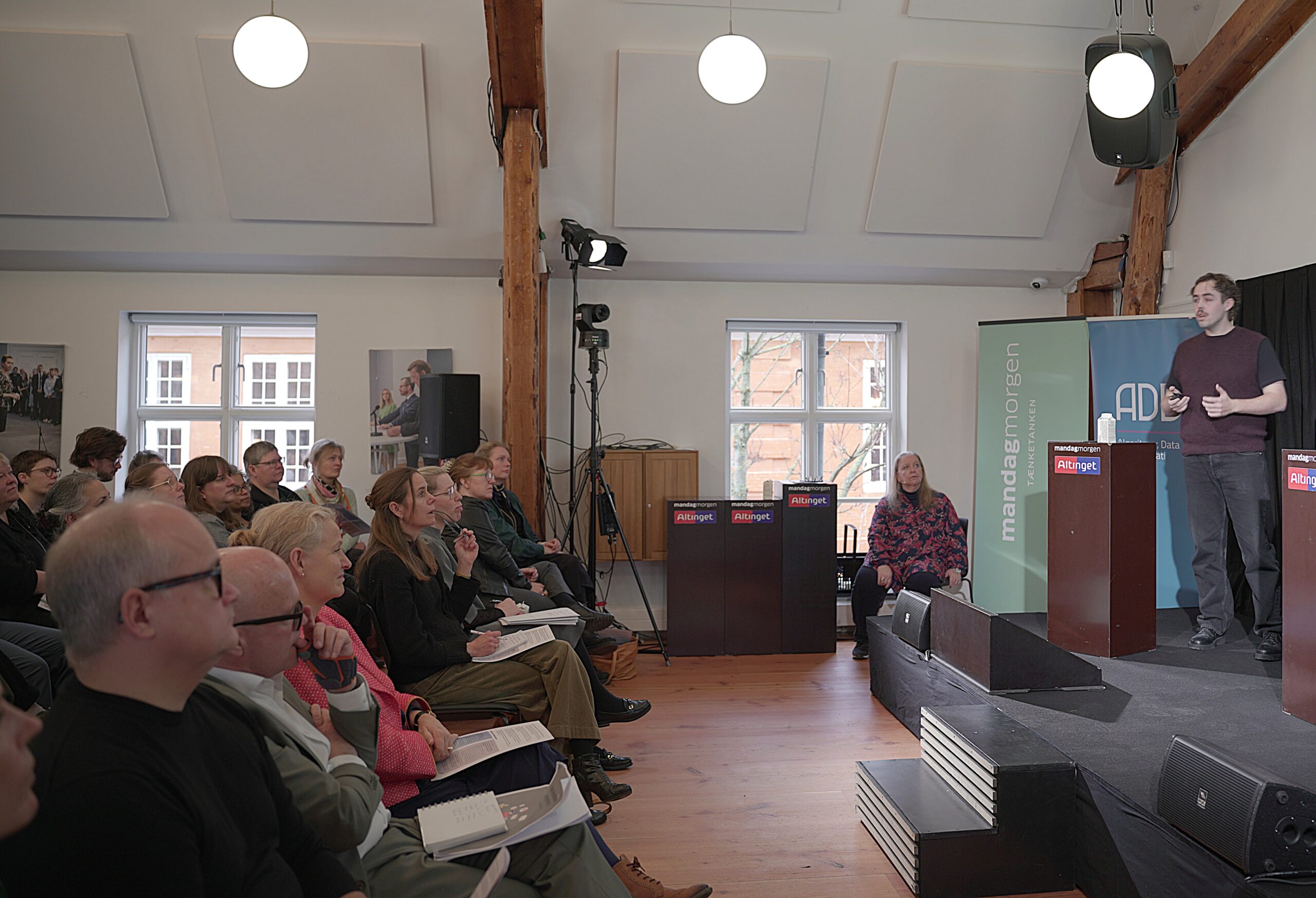
Parents push for mandatory technology subject in primary school
A new study from the Danish Association of Masters shows that three out of four parents want technology understanding as a mandatory subject in primary school. At the same time, two out of three believe it is the school's responsibility to ensure children's equal access to digital understanding.
The Danish government plans to introduce technology literacy as an elective subject in upper primary schools from 2027/2028. Students will gain skills in AI and critical thinking online, among other things. However, the subject will also be integrated into Danish and mathematics from 1st grade. Several parents and organizations—including the Danish Teachers' Association and the Danish Association of Masters—believe the subject should be mandatory for all students.
The Danish government has allocated 160 million kroner for implementing technology understanding as an elective subject in 2024-2026.

Young people are more digitally vulnerable than digital natives
In an interview with the Danish magazine Gymnasieskolen, Ole Sejer Iversen, a professor at Aarhus University, emphasizes that young people often lack an understanding of digital systems. Although they are frequently called "digital natives," they are "digitally vulnerable." Iversen explains that young people usually have blind trust in technology producers and do not understand the underlying mechanisms, such as data collection through apps.
He points out that digital competence is not just about programming but a broader understanding of technology's societal consequences. In Denmark, teaching in this area lags behind countries like England and the USA, where teaching digital competencies is mandatory from primary school.
Ole Sejer Iversen criticizes that informatics is not mandatory in all high school programs and points out that only 10% of STX students choose the subject. He advocates making informatics independent to ensure academic progression and better prepare students for a digital future. In the interview, he emphasizes the importance of engaging teachers with the right competencies. He compares informatics with subjects like Danish, which also could not be taught satisfactorily without an independent academic focus.

Frequent use of AI associated with lower critical thinking ability
A new study with 666 participants shows that people frequently use AI tools score lower on critical thinking tests. This is especially true for young people aged 17-25, who use AI the most and perform the worst, while those over 46, who use AI less, have better critical thinking abilities.
The research, led by Michael Gerlich from the Swiss Business School, used the Halpern Critical Thinking Assessment (HCTA) to measure participants' ability to analyze arguments, understand probabilities, and think critically. The study points to "cognitive offloading" as the primary cause; frequent use of AI can lead to people delegating thinking and problem-solving to technology rather than engaging themselves.
An important observation is that higher education can reduce this adverse effect. Higher-education participants are better at questioning AI-generated information and thinking more thoroughly. However, many young people expressed concern about their dependence on AI, which may limit their learning and retention ability.
The researchers recommend that education focuses on using AI to support, rather than replace, students' thought processes. They suggest that teachers be trained to integrate AI into teaching in a way that promotes active learning and critical thinking. At the same time, students should be taught to balance their use of AI to maintain their cognitive skills.
The study also points out that a firm reliance on AI can lead to a vicious cycle in which people increasingly delegate their thinking to technology, which worsens the loss of critical thinking abilities. Long-term studies are needed to understand better how AI affects our way of thinking and learning over time.
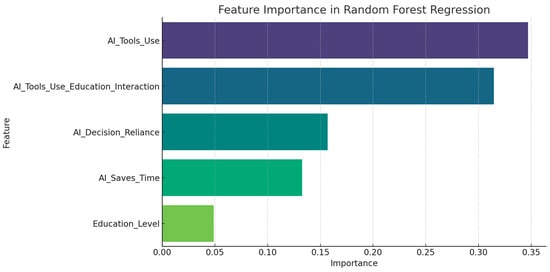

Conference:
AI in high schools - and other new digital methods for subject renewal
On April 3rd, 2025, a Danish conference on AI and digital methods in high schools will be held at Aarhus University. The program focuses on subject renewal and integration of modern technology in teaching. The conference includes keynotes, workshops, and debates with experts and practitioners in the field.
The conference is held with the Knowledge Center for Digital Technology Understanding, DG, DEG, and It-vest collaborating universities.
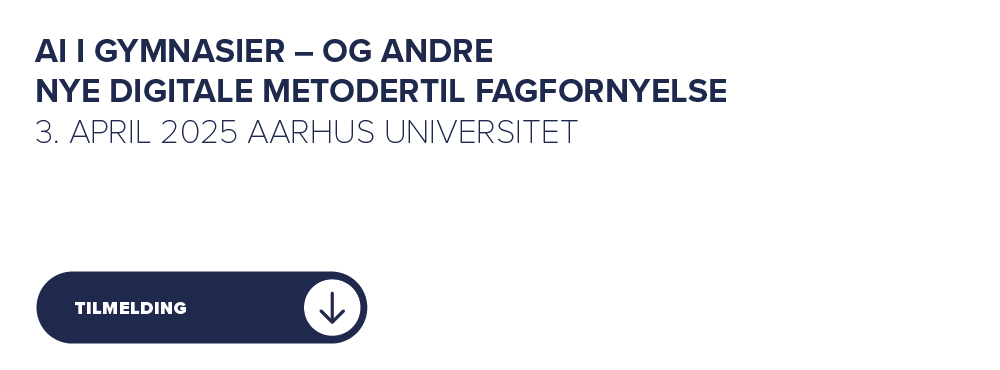

New digital teaching courses to strengthen continuing education with AI and simulations
VIA University College has received 1.75 million Danish kroner from the Danish Agency for Higher Education and Science for the project EVU Lab: Practice-based Digital Competency Development for Future Teachers and Professions.
The goal is to upskill teachers to integrate AI, simulations, and digital technologies into the continuing education of pedagogues, social workers, and volunteer coordinators. The project will run for three years and develop flexible, practice-based learning formats that meet the needs of specific professional groups.
Two tailored digital teaching courses will be developed focusing on social and special needs education and volunteer coordination. Collaboration partners such as Norddjurs Municipality, Children's Welfare, and Headspace will help identify needs and contribute to the development of the courses. Participants will strengthen their technological competencies and be better equipped to meet future labor market demands.
The University of Southern Denmark (SDU), led by Professor Ane Qvortrup, is responsible for the accompanying research and evaluation of the project. Together with Associate Professor Christina Dahl Madsen from VIA's Research Center for Professional Studies, SDU will investigate how digital teaching courses strengthen the competencies of teachers and course participants.
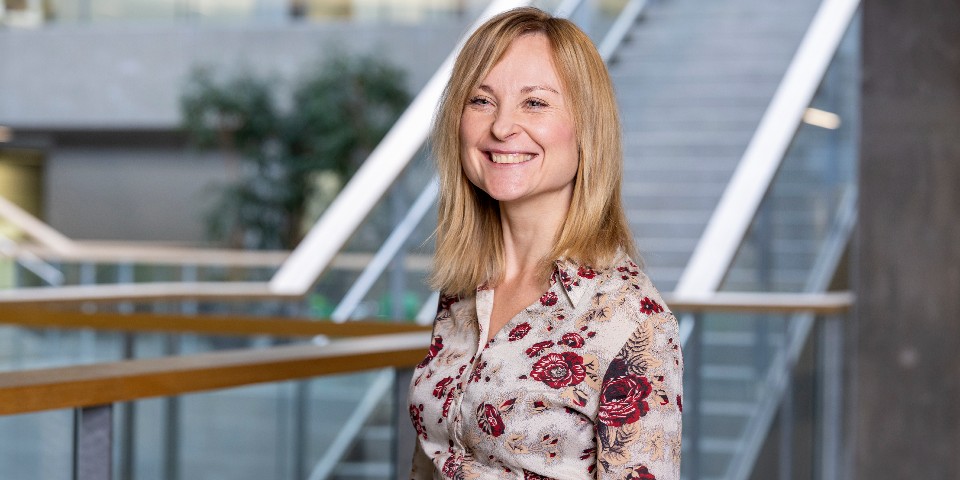
Allow AI in SRP to exclude it elsewhere
High school teacher Morten Henriksen suggests that AI should be allowed in the written part of the SRP while being excluded from other parts of high school teaching and exams. Henriksen points to the need to balance the use of technology with students' ability to write and think independently. According to him, the SRP project is a prominent framework for integrating AI, as it is connected with interdisciplinary courses and an oral defense, which can ensure academic quality and student learning.
He emphasizes that using AI in SRP gives students a fairer competition, as it is challenging to control unauthorized use from home. At the same time, high school can prepare students for future writing, which will likely include AI at the university level. Henriksen believes this also allows teachers to develop experiences with how AI can strengthen teaching. When AI is incorporated into a defined area like SRP, it becomes easier to exclude it from other tasks where students' independent writing should be strengthened, such as in Danish composition or social studies tests.
Morten Henriksen emphasizes that high school teachers are best qualified to decide how AI should be used in teaching. He encourages the sector to find a common direction and take responsibility for future writing. The goal is to create a balance where students learn both to use AI and to develop independent competencies without the help of technology.

Government wants to phase out tech giants from schools and promote European alternatives
Folkeskolen.dk reports that the government recommends municipalities choose Danish and European IT solutions for schools instead of using American tech giants' products like Google and Microsoft. This is to ensure children's data security and reduce dependency on commercial actors who often offer low prices in exchange for access to users' data. The expert group behind the report on tech giants suggests three guidelines for future digital teaching solutions: They should be free from advertising and tracking, ensure children's privacy, and avoid forced creation of personal accounts.

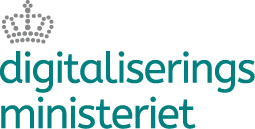
New expert group to strengthen the use of AI in the public sector
A new expert group will advise The Digital Taskforce for Artificial Intelligence, which was established in connection with the economic agreements for 2025. The task force's purpose is to support the spread of AI in the public sector to free up the workforce, reduce administration, and increase the quality of public services. The expert group, comprising representatives from the public sector, business community, and research environments, will contribute with AI projects' strategic and professional inputs and experiences. They will also address data ethics, legal frameworks, and responsible digitalization.
The expert group's first task is to develop a target vision for AI use in the public sector. The group's work currently extends until 2027, and a possible extension will be considered.
The expert group includes researchers from CBS and the University of Copenhagen, IT directors from municipalities and regions, and leaders from private companies such as Danske Bank and the Novo Nordisk Foundation. Emphasis is placed on strategic planning, which goes hand in hand with practical experiences from the public and private sectors.
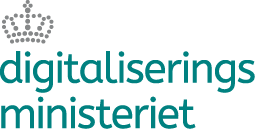
Other news of the week:



